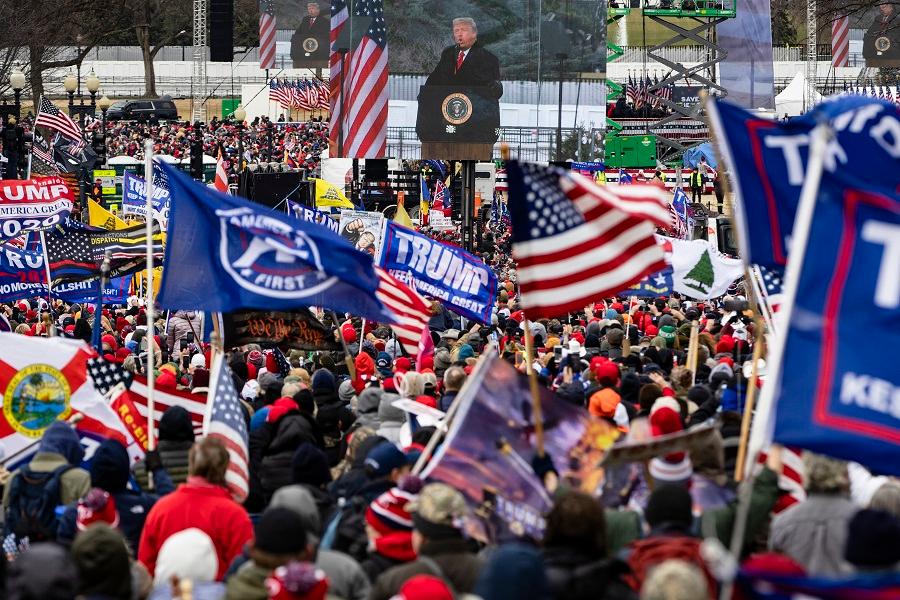A lawyer who represented the Trump campaign in a legal challenge to the Pennsylvania election results was forced out of his post last week as a law professor at Chapman University in California for representing President Donald Trump as a client.
But what especially earned the ire of left-wing activists at the famous conservative legal scholar’s school was that John C. Eastman spoke alongside the president at the Jan. 6 “Stop the Steal” rally in Washington. Violence began at the U.S. Capitol during certification of the presidential election results while the rally was still going on at the other end of the Washington Mall. There is no evidence that Eastman, or Trump, did anything unlawful by speaking at the rally.





